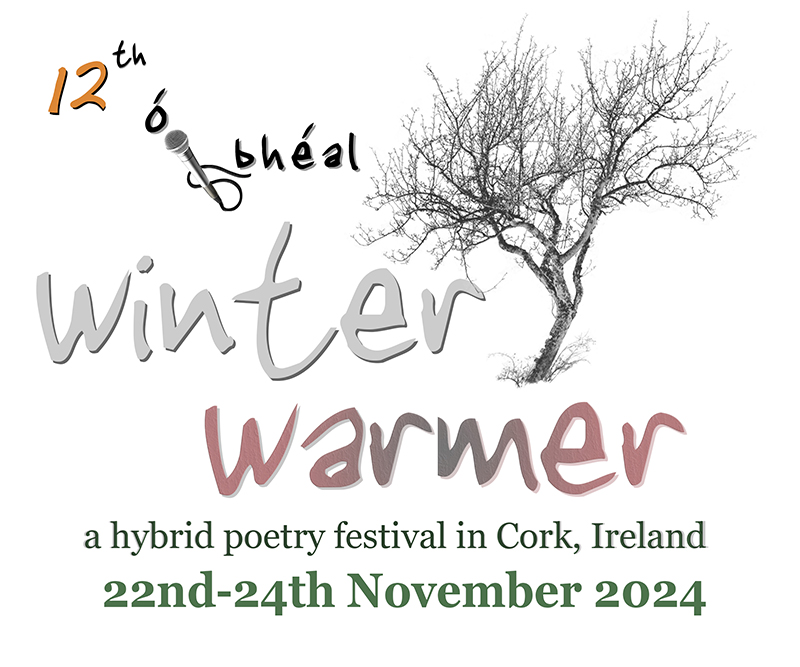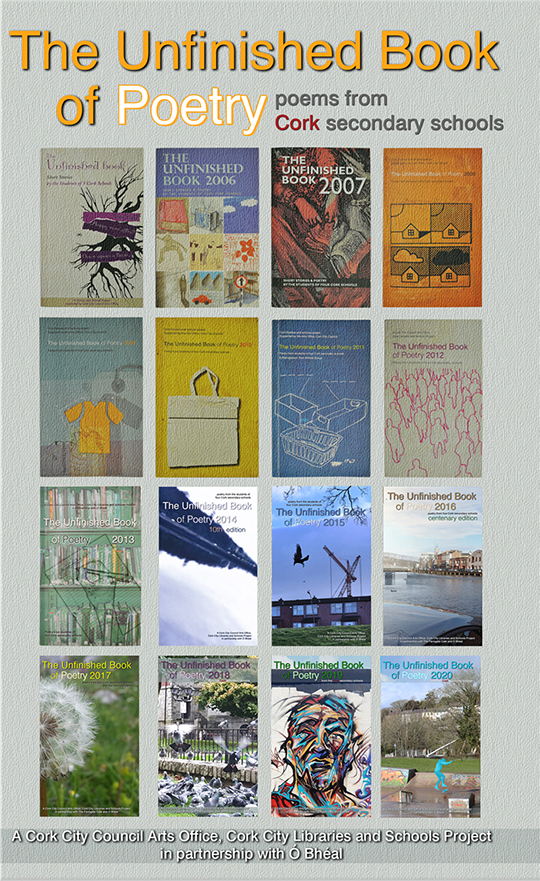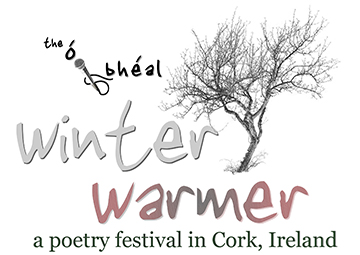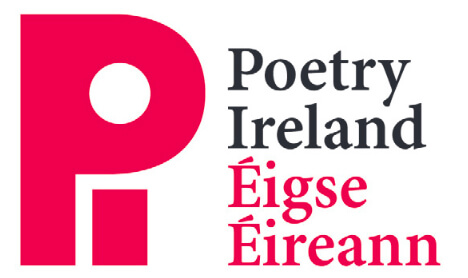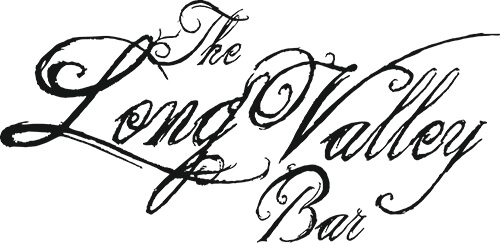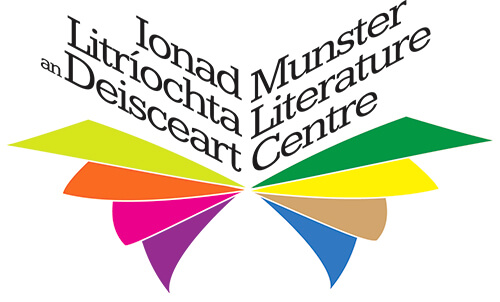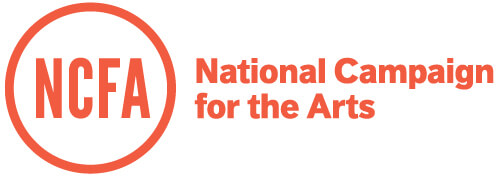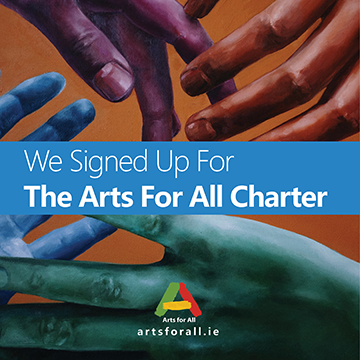Interviewed by Jennifer Matthews
JM: I was interested when you mentioned that ‘What a 10 Year Old Knows About Sex’ was somewhere between poem and anecdote. When does work stop becoming a narrative and start becoming a poem, in your opinion?
AMCS: In my opinion the crossover between prose and poetry can be very fluid. It would be impossible to specify exactly when prose stops working exclusively as prose and becomes poetic. I tend to prefer poetry that stretches language in ways that prose doesn’t usually. It was in relation to language that I felt ‘What a 10 year old knows about sex’ failed to satisfy some essential poetic criteria which I usually try to apply to my own work. The mere fact of dividing the narrative into poetry-length lines (which is all I did with this anecdote) isn’t always enough for it to qualify as a poem, although sometimes that can work very well.
JM: I like the occassional surreal elements in your poems, like ‘I lick congo from my fingers/ and an elephant/ gets caught between/ my teeth’ from ‘Elegy.’ Do you prefer surreal poems as a reader?
AMCS: Not necessarily, though I like some of the French and Latin American surrealist poets a lot, the way they succeed in opening up imaginative interpretative possibilties by deferring to the subconscious. But, in general, my taste in poetry is fairly eclectic.
JM: You noted that Derek Mahon’s ‘Chinese Restaurant in Portrush’ was an influence for your poem, ‘The World Café, Dun Laoghaire.’ Do you recommend working from models for beginning writers?
AMCS: It’s useful for both beginners and more experienced writers to respond to the work of others, to be inspired by imagery or particular uses of language. Some of the time it happens unconsciously and I suspect probably every poet does it to some extent. What can be useful for beginners about using another poem as a model is that it forces you to really examine the poetic devices at work in the model and explore the craft behind it, so that you become very aware of the writing process. It’s useful to do this as an exercise across a range of poetic styles. When you apply aspects of other styles to poems of your own, you figure out what works for you and what doesn’t, and this helps you hone your own craft and give a shape to your poetic voice.
JM: During a conversation of ours, you mentioned you like to finish a poem before you start another one. Do you have any ‘revision tips’ for finishing a poem? How do you know if a poem is ‘finished’?
AMCS: Revision is a very personal process to each poet and depends on what you want to achieve with the poem. I’m not sure that I have revision tips, though I will say that reading a poem aloud helps you hear it quite differently from how it sounds on the page. The voice often highlights little things that you thought worked in black and white but fall flat or buckle when you hear them out loud.
Something else I do when I’m unhappy with a poem, is leave it settle for a while – a few days, or weeks, sometimes years – so I come back to it with a more objective eye. Time has a way of steering you to problem areas you couldn’t identify when you were too caught up in the emotion that goes into creating the poem.
I suppose you can be more or less happy that the poem is finished when it does or says something that you feel is worth doing or saying. On occasion, if you’re lucky, you’ll know instinctively when you’ve got it right. Sometimes (often) it never gets there and has to be ditched. In some ways a poem is never completely finished in that it’s always possible to tweak it some more. The revision process could be a lifelong one. (Derek Mahon comes to mind again).
JM: The poem you read about birdsong and the O’Bheal poem make brilliant use of sound. Do you often read the poems out loud when writing them?
AMCS: Ah, I’ve just answered that up above. Yes, it’s very important to me to read a poem aloud. Insofar as a poem can be considered finished, I’d rarely consider it finished if I hadn’t tested it out at least on myself, sometimes on others. It goes without saying that the more the poem is based on sound, the more important it is to make sure it works aloud and that you have a good idea of how you want to perform it.

